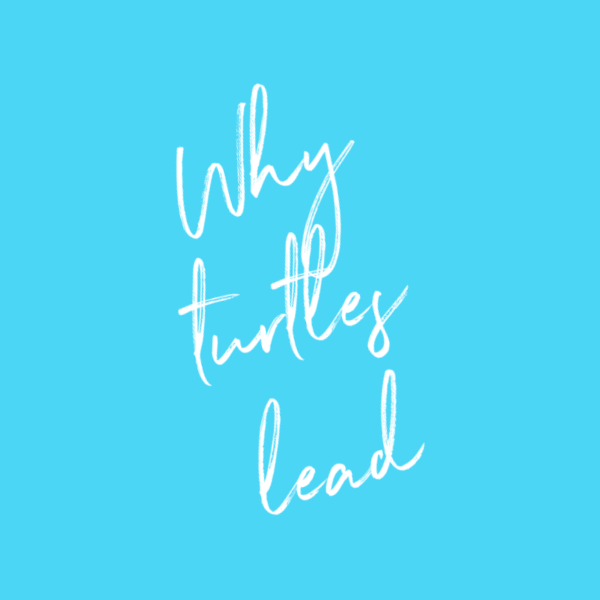So, we're almost halfway through the year. A good time to take stock: How are your good intentions from the beginning of the year coming along? Have you already given up? Or did you not set any at the beginning because you never keep them anyway?
Then let me start by saying: it's not up to you!
We humans have an unbelievably great imagination. And when we're feeling good and relaxed (and January or Monday are still a long way off), we can imagine in the most vivid colors what we're all going to do differently next year/next month/next week.
And on day two, or day three at the latest, of the new calendar, we come up with the first excuse. The excuse as to why we don't have the time/opportunity to implement our plans now.
So, does this mean that we are doomed to hopelessness and can never change anything?
Not at all. We are just making the wrong assumptions. We think that willpower will get us further and if we have enough of it, then change will happen. And if we have no willpower, then we are lazy or not good enough or hopeless anyway.
But we are only human.
It's not willpower that helps us to change. It's habits.
How boring, isn't it? Habits sound lame. Now, before stop reading, let me tell you this: habits are the absolute secret weapon! If you make something a habit, you can achieve things you never dared to dream of!
But how?
The formula is very simple:
You break down a behavior into "turtle steps" (i.e. very small ones) and tack them onto another habit.
Let me give you an example:
For some time now, I've been seeing worse up close. As I don't want to wear glasses, I have been looking into how I could change this. To do this, I completed an eye training course. As with most training, however, it only helps if you do it REGULARLY AND CONSISTENTLY. So I decided to do just one exercise from this training - the exercise takes about a minute.
And then I thought about what habit I already have that I can "tack" my new habit onto.
I always meditate in bed in the morning before getting up - that's my old habit. Now I've also added eye training. As soon as I've finished meditating, I do a minute of eye training. It takes practically no effort on my part. Because the habit of meditation is already so ingrained that I don't even have to think about it. The end of the meditation then acts as a prompt to start the eye training.
The miraculous thing about this method is the following:
After a few repetitions, I no longer need any mental power - it happens all by itself.
And: after doing my turtle step "one minute of eye training" for long enough, I really feel like adding another minute. Because success makes you want more. This is also known as the ripple effect - like a stone that you throw into a calm lake, and which then continues to make circles. If you are successful with something small, you will automatically want to make it bigger.
And with this method, you can turn an incredible number of behaviors into habits. Be it more sport, meditation, professional development, etc.
To intensify the whole thing even more, you can then look for an "accountability buddy". One such buddy is a friend of mine in the US. We have decided to write down three things every day that we are grateful for and three things that we have done well (women are quick to forget that they have done something well and instead constantly criticize themselves...). And instead of writing it in a book, we write it in a chat. That way, we're reminded every day and if one of us hasn't written for two days, the other one gets in touch and asks what's going on.
In the meantime, when I want to change something or turn something into a habit, I always ask myself what habit I already have that I can tack onto it.
As the saying goes: "Works like a charm."
If you want to know more about this topic, I recommend the books by BJ Fogg, a behavioral scientist at Stanford University.
And now have fun changing your habits!
Sincerely
Yours, Astrid Winkeler

